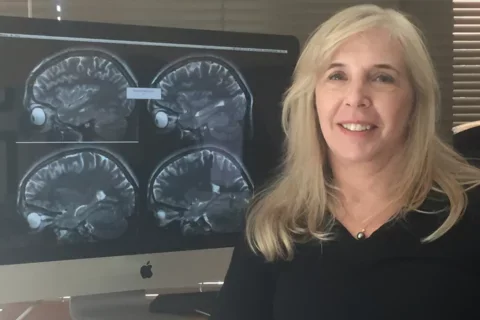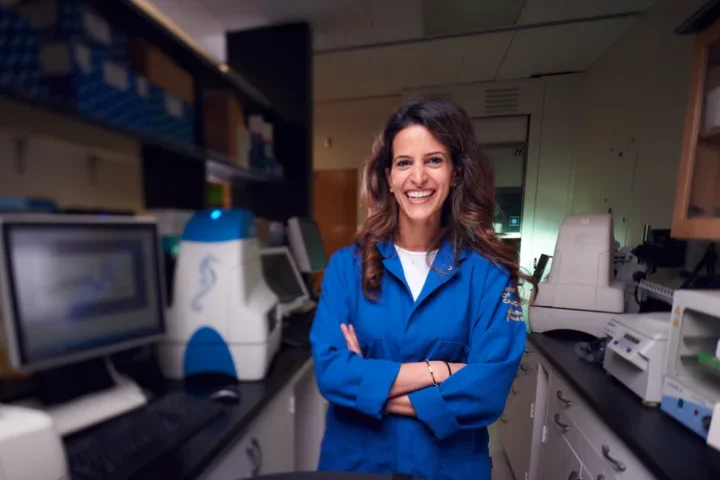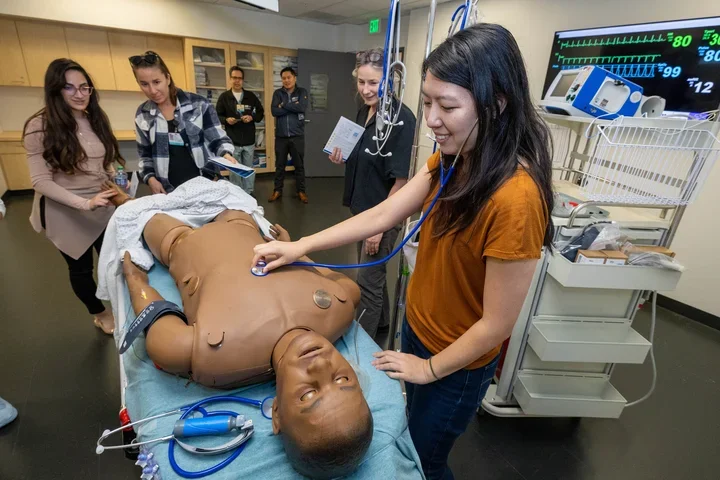What Does a Neuropsychologist Do?
From Testing to Diagnosing Brain Disorders

A Day in the Life of Dr. Susan Bookheimer, Academic Neuropsychologist
Neuropsychology is an exciting field right now, as physicians and researchers are making advances in traumatic brain injury, autism and Alzheimer's research.
What Is a Neuropsychologist?
Neuropsychologists are first trained as cognitive psychologists, with a specialization in neuropsychology. Whereas general psychologists focus on mental and behavioral disorders (such as mood disorders, anxiety or psychosis), neuropsychologists perform extensive testing to diagnose and treat brain disorders. Brain disorders, such as autism, epilepsy, Alzheimer's, Parkinson's and others, have a genetic component or abnormal brain function that affects cognitive performance and behavior.
Neuropsychologists work in teams and often receive referrals from psychologists or neurologists who suspect a brain basis for symptoms such as memory loss or anxiety. The neuropsychologist will perform extensive tests to diagnose the problem and may work with the patient on developing coping skills to help them manage their condition or refer the patient for further evaluation by a neurologist or neurosurgeon.
A Typical Day for a UCLA Neuropsychologist
Susan Bookheimer, PhD, is an academic neuropsychologist at UCLA, with expertise in epilepsy. She primarily focuses on brain imaging research and specifically functional MRI, and spends about 10 percent of her time in a clinical setting.
"I'm not your typical neuropsychologist," she says. "Most of the patients I see are surgical candidates."
She found her calling during an internship at the National Institutes of Health at a time when major advances in brain mapping were happening.
"PET scans were brand new during my post-doc, and we were trying to find ways to do brain mapping without invasive techniques," she recalls. "Functional MRI was discovered while I was there in 1992, and we quickly started using that in patients considering brain surgery."
Functional MRI is used most often before brain surgery. In the case of epilepsy, for example, a surgeon may need to remove the part of the brain causing the problem without harming the areas responsible for language, memory or other cognitive functions. Previous brain mapping techniques had been invasive, and required putting part of the brain to sleep or placing electrodes directly on the brain. During a functional MRI, however, the patient performs tasks inside the scanner and the blood flow to the area of the brain doing each specific task is monitored. This helps create a map of the brain the surgeon can use.
"With elective surgeries, we have to have safeguards to ensure you're not causing the patient harm," she says. "We have to see whether we can take out the damaged area without hurting critical functions like language or movement." During preoperative evaluations, Dr. Bookheimer works on a team with neurologists, interventional radiologists and neurosurgeons.
Choosing a Path
There is a range of paths to take within the specialty, so there is no one answer to the question: "What is a neuropsychologist?" Some people study general neuropsychology, focusing on adults or children, or choose to specialize in a specific disorder. Some neuropsychologists may train in cognitive rehabilitation, which allows them to offer patients coping skills for managing the limitations caused by brain disorders. Neuropsychologists can practice in a private setting or a hospital-based setting or can opt to work in academia.
For Dr. Bookheimer, the imaging element combines her love of science and clinical practice.
"For people interested in research and psychology, it's a great area to study," she says. "The imaging aspect is more technical, computer and math oriented."



